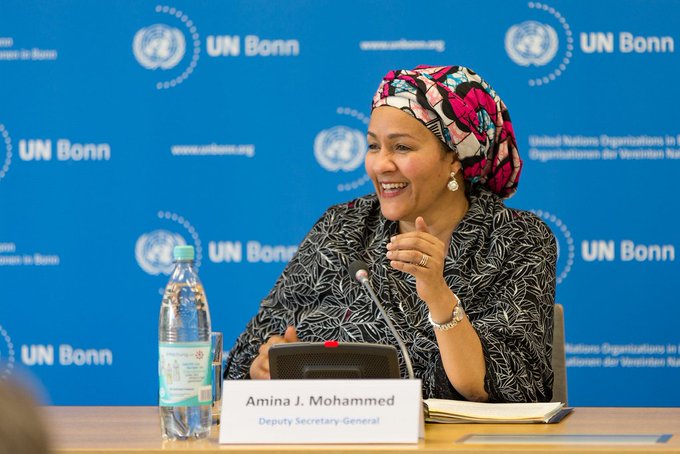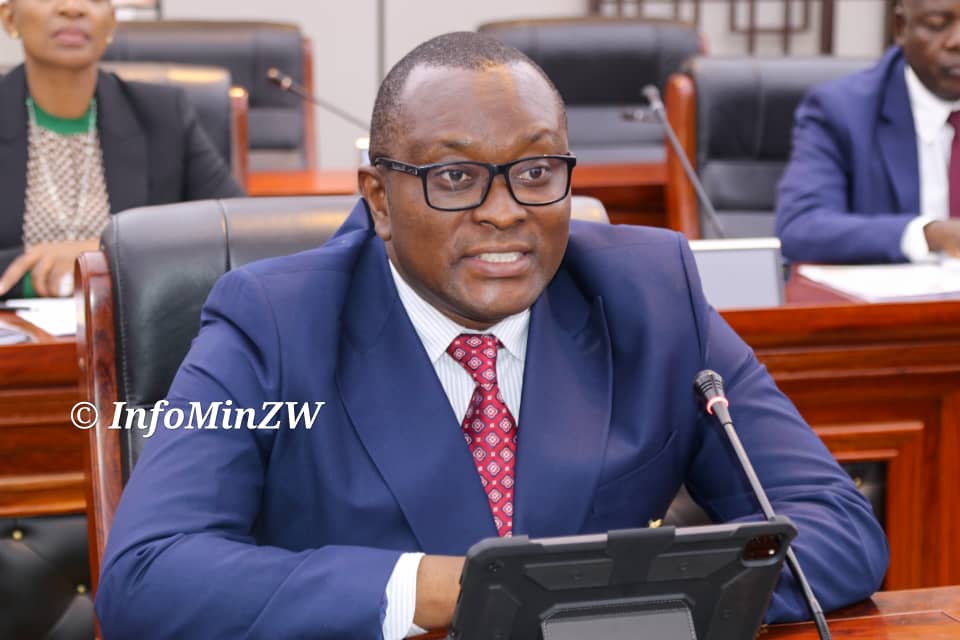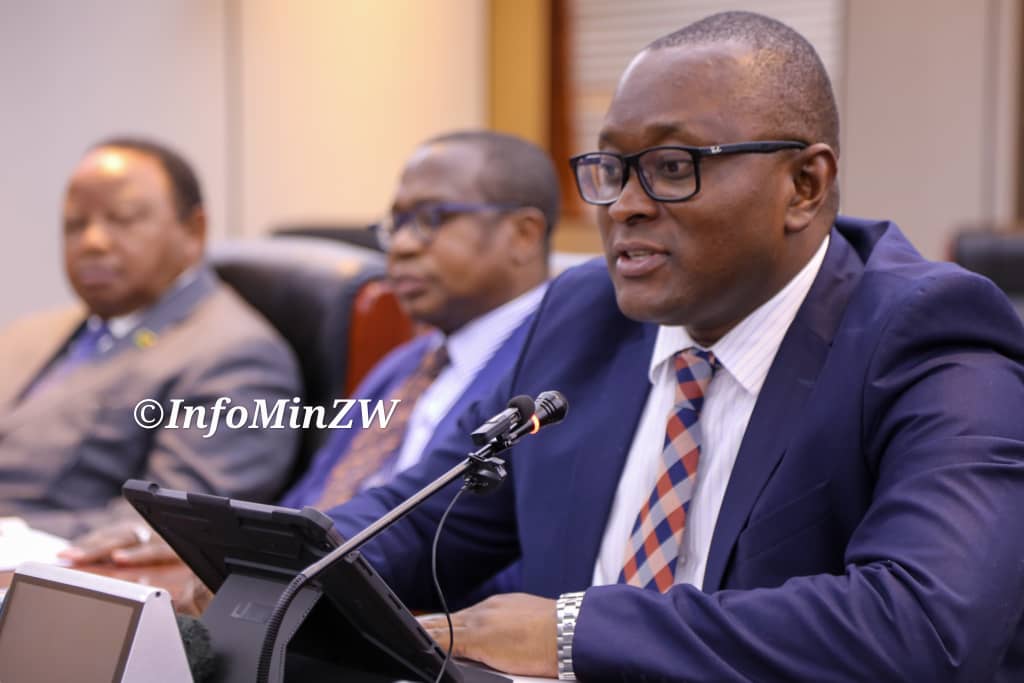World in danger of missing out on SDGs targets – UN
Share

Victoria Falls, (New Ziana) – The United Nations on Tuesday warned that member states were in danger of failing to meet the 2030 deadline for the attainment of the Sustainable Development Goals (SDGs) owing to a number of reasons, chiefly funding constraints.
SDGs were adopted by all United Nations member states in 2015 and provide a shared blueprint for peace and prosperity for people and the planet.
The 17 SDGs are an urgent call for action by all countries – developed and developing – in a global partnership.
They recognize that ending poverty and other deprivations must go hand-in-hand with strategies that improve health and education, reduce inequality, and spur economic growth – all while tackling climate change and working to preserve our oceans and forests.
UN deputy secretary general Amina Mohammed, who is in Zimbabwe for the 6th African Regional Forum on Sustainable Development, said greater efforts should be put in order to meet the 2030 deadline.
“Over the course of 2019, major scientific and analytical reviews made clear that the world is not on track to achieve the Sustainable Development Goals by 2030.And just a few weeks ago, the African Union’s first report on the implementation of Agenda 2063 demonstrated that despite early progress, there is an urgent need for enhanced action, ” she said.
“Since no country is on track to deliver by 2030, every country must increase its ambition. That starts with national plans, policies, budgets and institutions that are commensurate with what it will take to deliver universal access to quality social services and an economy that provides decent jobs for all.”
Mohammed said 2020 provided an opportunity for all to chart a different course and to kickstart a Decade of Action to deliver the SDGs.
“It also requires national financing frameworks that support governments in mobilizing and aligning financing from all sources,” she said.
Mohammed said given global funding constraints, Africa had potential to mobilize more domestic resources through tax and fiscal policy reforms and better tax revenue management.
She said attaining the SDGs also demanded the full participation of partners in business, technology, science and academia.
“We need to see a stronger involvement of the general public for sustainable development,” she said.
However, the future was not all gloomy, Mohammed said, as Africa had recorded significant strides on multiple fronts.
For example, she said, Africa continued to have some of the world’s fastest-growing economies, and growth was projected to remain stable in 2020.
“The proportion of people living in poverty is declining from 34.5 per cent in 2015 to 32.5 per cent in 2019. In ten countries, poverty rates are below 10 per cent,” she said.
“Africa has made progress in the quest for peace and security, mostly by strengthening continental response frameworks and institutions, as well as by working with the United Nations and other organizations on the ground to secure inclusive transitions.
“There have been considerable gains in health outcomes – with less women and children dying in childbirth or because of diseases; improvements in access to education and electricity; and a dramatic rise in internet connectivity.”
Mohammed added: “Commitments on climate action are also encouraging, with all African countries having signed the Paris Agreement and 48 having ratified.”
She said Africa was also pushing its development agenda through initiatives like the African Continental Free Trade Agreement.
She said many governments, including Zimbabwe, had aligned their national plans and strategies with the 2030 Agenda and Agenda 2063.
“This wide-ranging progress has been achieved because of African leadership, the engagement of Africa’s young people, sound policies and effective international cooperation,” she said.
New Ziana








